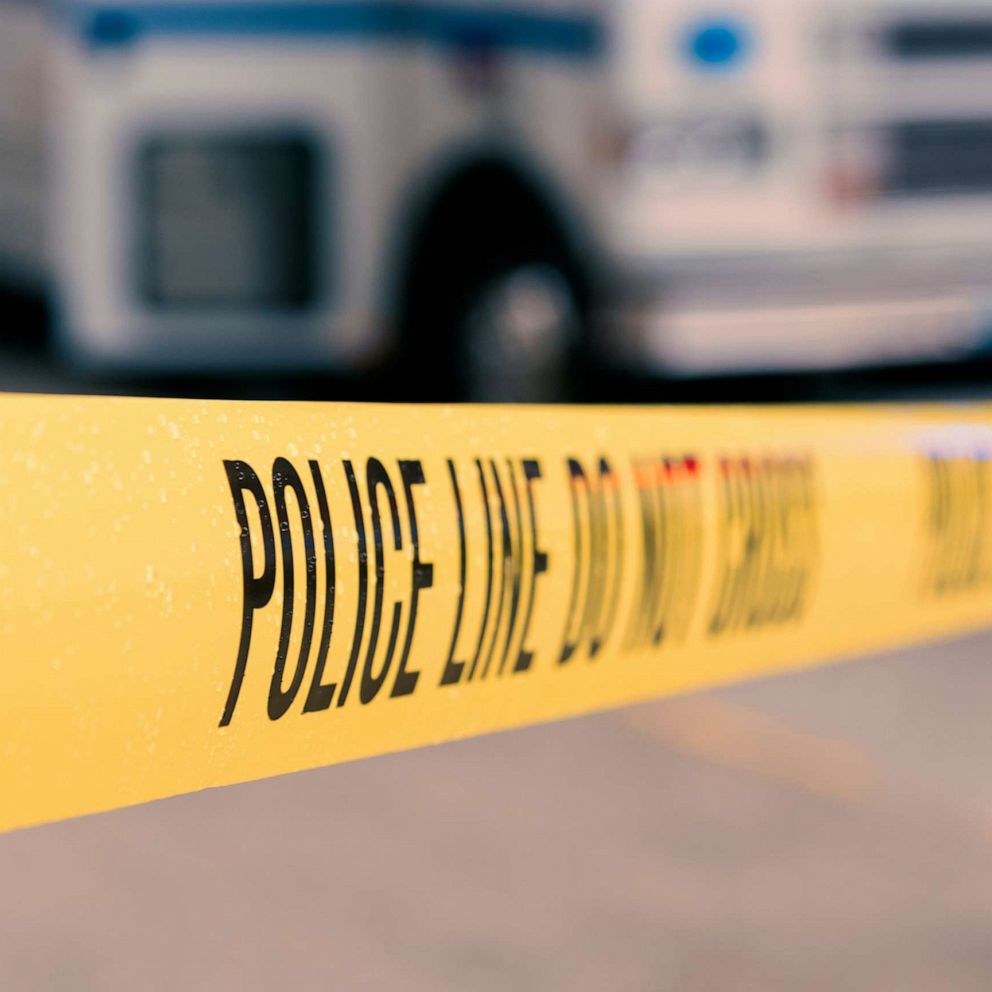Funeral Nearly Becomes Disaster for U.S. and Afghans
Reporter's Notebook: Cultural ignorance hampers U.S. war effort.
Sept. 10, 2009— -- Gen. Stanley McChrystal's post-election reassessment of the U.S. military's Afghanistan strategy will call for both a surge in U.S. troops and a change in military culture, striking a better balance between the use of military force and peaceful interaction.
We saw how U.S. forces can get that balance wrong in a bizarre – and nearly devastating – encounter between U.S. forces and Afghan civilians in Logar province this week. It didn't make the news, but it speaks volumes about the challenges facing U.S. forces here as they prepare for a lengthening occupation.
It began with the family tragedy of a colleague and friend. On Tuesday, his brother died suddenly of a heart attack. In keeping with tradition, he and his family brought his brother's body to his family's village in Logar to be buried. Thousands of residents turned out for the funeral. He was extremely well-respected – a hero of the anti-Soviet mujahedeen and, more recently, an aspiring politician. For my friend, the moment was bittersweet: sorry for his loss, proud that his brother had touched so many lives.
The mood changed when he heard the drone of American helicopters overhead, and in the midst of the crowd, the loud rumbling of several giant MRAP armored vehicles as they surrounded the mourners. U.S. forces blocked the streets, preventing the crowd from reaching the cemetery. A dozen soldiers got out of the vehicles, their weapons drawn. My friend's stomach dropped. As a journalist, he'd covered dozens of U.S. operations and their aftermath. He was certain he and his family had unwittingly become targets.
As the mourners grew angry, shouting at the soldiers, my friend worked his way to the front of the crowd. He introduced himself to the commander, in English, as the brother of the deceased and a member of the staff of ABC News. The commander demanded to see his press ID, which my friend had left at home. For two hours, my friend negotiated with the soldiers to let the funeral procession go own. Finally, he offered to take the commander into his family home to see his brother's body – to prove this was a funeral and nothing more.




